This webinar will showcase a framework for community mental health services developed by the Ashland County, Ohio Mental Health and Recovery Board. Using a three-legged stool model, the Mental Health and Recovery Board has operationalized person-centered practices throughout the County service system. The primary principle of the framework is borrowed from the Hippocratic Oath: Do no harm. The three legs, or sets of values, are: 1) Recovery and Resiliency, 2) Trauma-Informed Care, and 3) Medication Optimization. In this webinar hosted by the National Center on Advancing Person-Centered Practices and Systems (NCAPPS), a panel of current and past leadership and people with lived experience of community mental health services in Ashland County will tell the story of how the framework’s principles and values have been operationalized. Panelists will provide information and inspiration for advocates, administrators, and service providers interested in how community mental health services can promote quality of life and wellbeing at the local level.
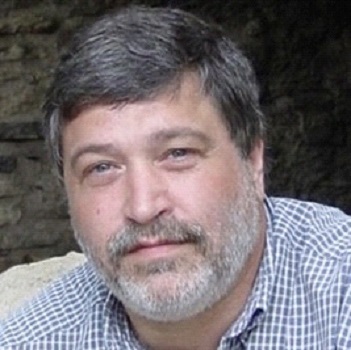
Steve Stone is Executive Director Emeritus of the Mental Health & Recovery Board of Ashland County Ohio, retiring in 2020 after serving as the executive director for 18 years. He was the primary author of “Our Human Community” and served as a counselor, administrator, and advocate in the community behavioral health system for over forty years. He holds a Master of Arts in pastoral counseling and psychology from Ashland Theological Seminary. He received his clinical training at the Cleveland Psychiatric Institute and Case Western Reserve University.
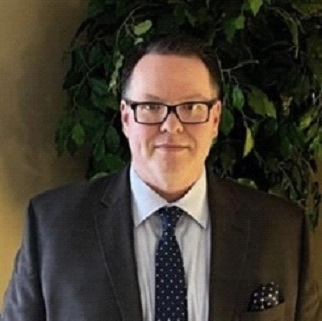
David Ross is the Executive Director of the Mental Health and Recovery Board of Ashland County. He has been with the Board since March 2004 and as Executive Director since April 2021. In addition, David works closely with the Board’s contract agencies and community partners around the ongoing mental health and drug/alcohol needs of Ashland County residents. David received his Bachelor of Arts in Psychology and Master of Education in Community Counseling from the University of Akron. He is an independently licensed clinical counselor in the State of Ohi
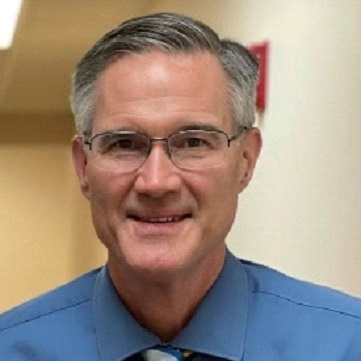
Jerry Strausbaugh has over 30 Years of Mental Health experience working in a variety of settings including inpatient, partial hospitalization, outpatient, and Employee Assistance Program settings. For the past 18 years, he has been the Executive Director at Appleseed Community Mental Health Center in Ashland Ohio. Jerry holds a bachelor’s degree in special education from Ohio University, a master’s degree in counseling from Ashland Theological Seminary and a Doctorate in Leadership studies from Ashland Universit
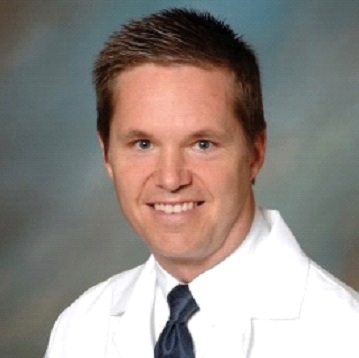
James Mooney, MD, is a trauma-informed medical provider of Internal Medicine with a particular interest in the impact of emotional health on chronic medical problems. His 30 years of practice in hospitals, outpatient clinics, nursing homes, hospice, administration, and community outreach have developed his perspective on care. He believes the Adverse Childhood Experiences Study could serve as the foundation for understanding chronic disease.
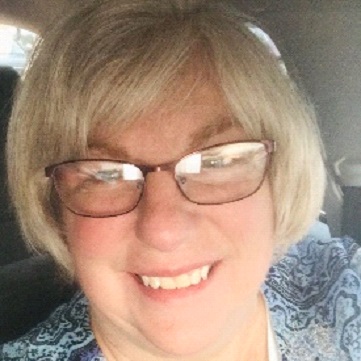
Stacey Roberts lives in Ashland, Ohio where she was born and raised. She has a love for her community and supports those who live near her by facilitating two local Support Groups; Celebrate Your Mind and Part of Me. She is a licensed social worker and has been practicing in the field of Social Work for 29 years. Recently, she received her certification recognized by the state of Ohio as a Peer Supporter. Stacey has lived experience in mental health and recovery. She enjoys sharing her experiences and promoting advocacy.
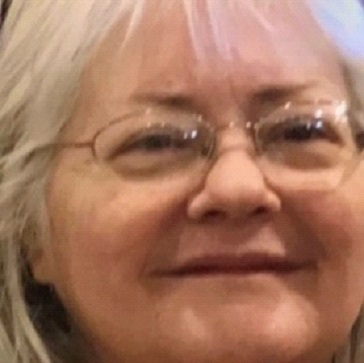
Trish Risser has been involved with Peer Support for more than 20 years, and it is her passion. She is a Certified Peer Recovery Supporter and is actively involved at Pathways Peer Support. Trish has completed several leadership training programs over the years and seeks diligently to elicit the leader in others. She is a strong advocate for the voice and choice of those who often are marginalized. She values being a team player but does not shy away from letting her voice be heard when she is standing up for the rights and values of others
Resources:
NCAPPS is an initiative from the Administration for Community Living and the Centers for Medicare & Medicaid Services to help States, Tribes, and Territories to implement person-centered practices. NCAPPS webinars are open to the public, and are geared toward human services administrators, providers, and people who use long-term services and supports. All NCAPPS webinars will be recorded and archived at https://ncapps.acl.gov.